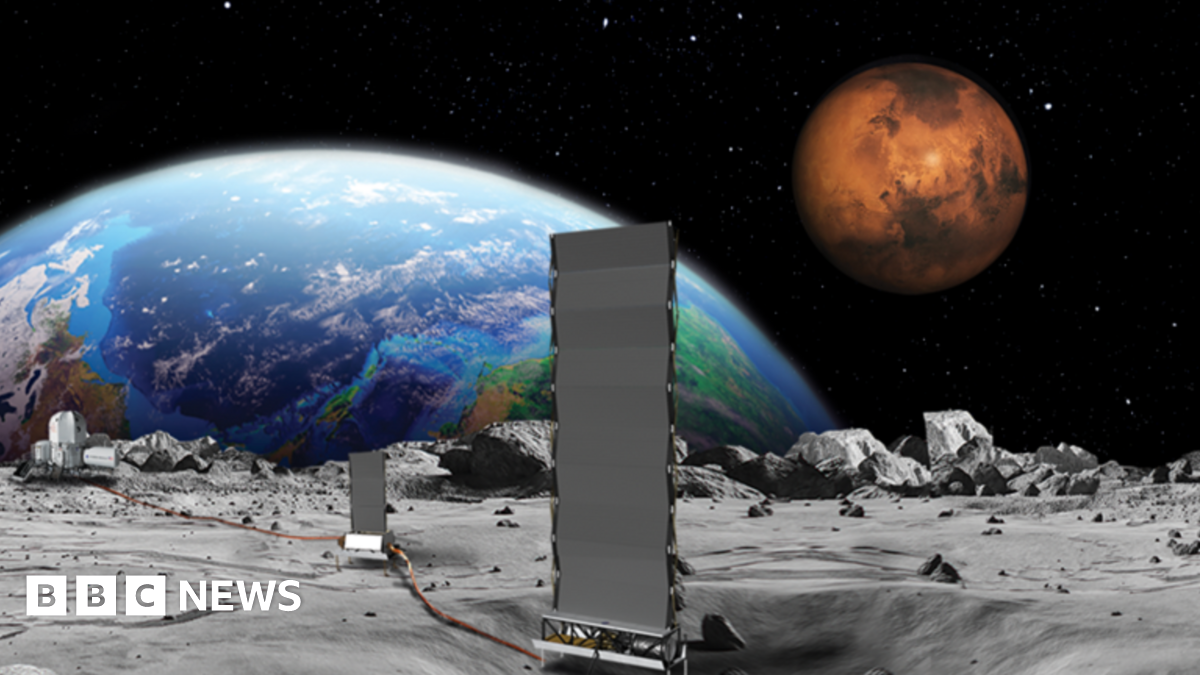Scientists are also concerned that this announcement is a politically-motivated move in the new international race to the Moon.
“It seems that we’re going back into the old first space race days of competition, which, from a scientific perspective, is a little bit disappointing and concerning,” says Dr Barber.
“Competition can create innovation, but if there’s a narrower focus on national interest and on establishing ownership, then you can lose sight of the bigger picture which is exploring the solar system and beyond,” he adds.
Mr Duffy’s comments about the potential for China and Russia to potentially “declare a keep-out zone” on the Moon appear to be referring to an agreement called the Artemis accords.
In 2020 seven nations signed the agreement to establish principles on how countries should co-operate on the Moon’s surface.
The accords include so-called safety zones to be established around operations and assets that countries build on the Moon.
“If you build a nuclear reactor or or any kind of base on the moon, you can then start claiming that you have a safety zone around it, because you have equipment there,” says Dr Barber.
“To some people, this is tantamount to, ‘we own this bit of the moon, we’re going to operate here and and you can’t come in’,” he explains.
Dr Barber points out that there are hurdles to overcome before placing a nuclear reactor on the Moon for humans to use.
Nasa’s Artemis 3 aims to send humans to the lunar surface in 2027, but it has faced a series of set-backs and uncertainty around funding.
“If you’ve got nuclear power for a base, but you’ve got no way of getting people and equipment there, then it’s not much use,” he added.
“The plans don’t appear very joined up at the moment,” he said.
